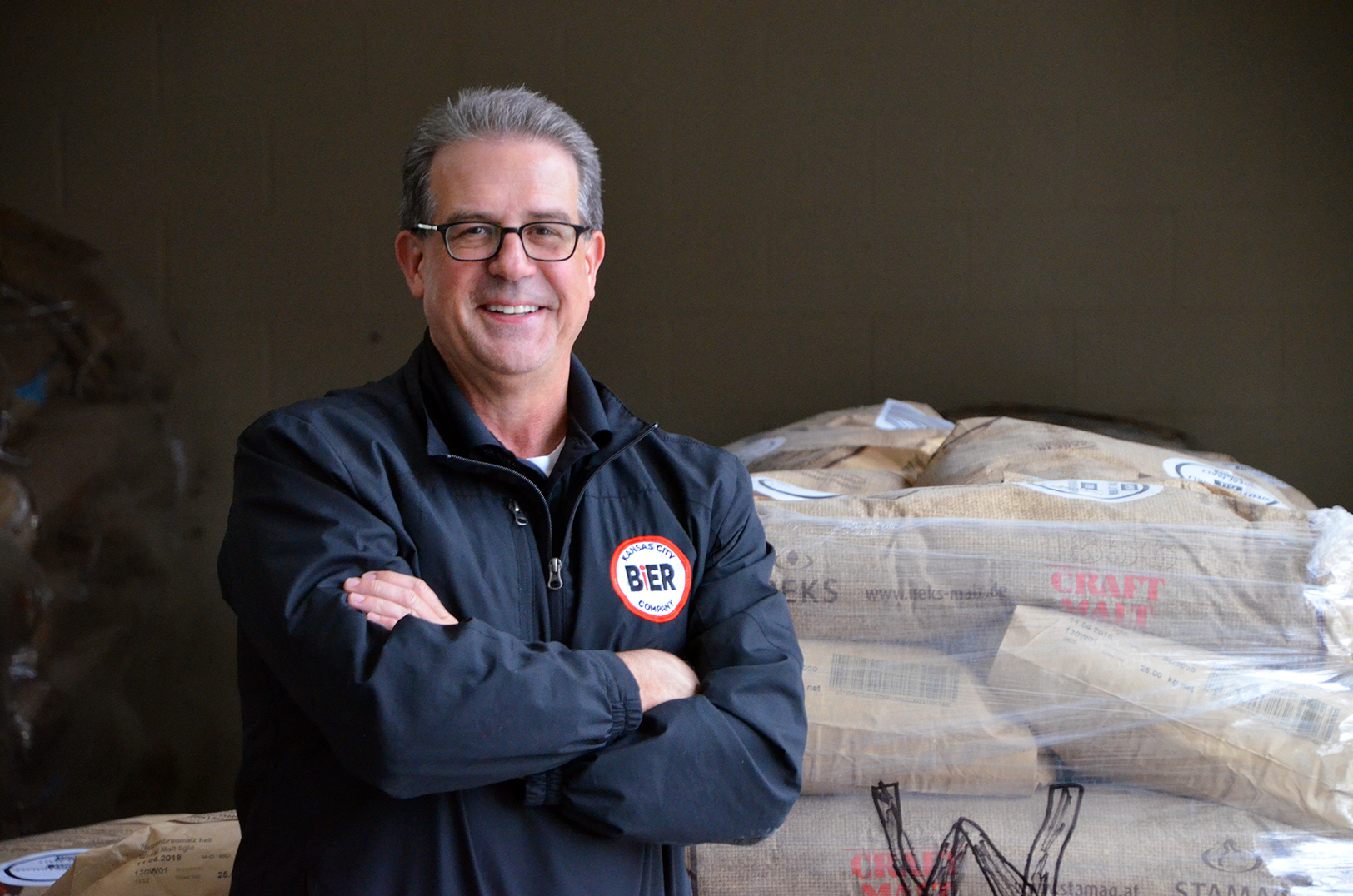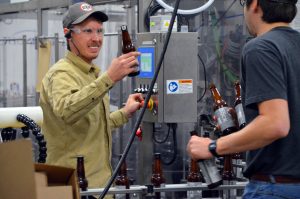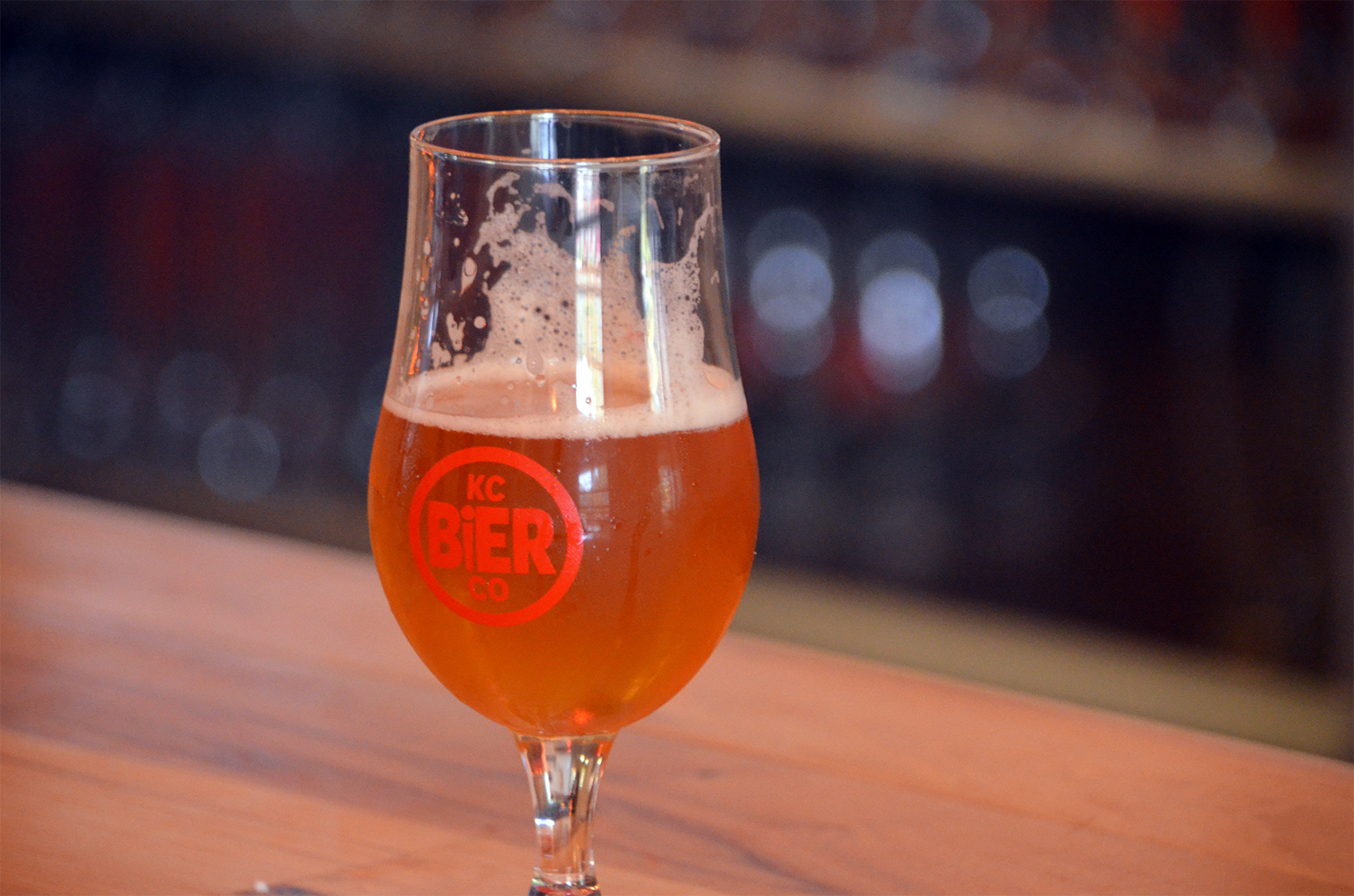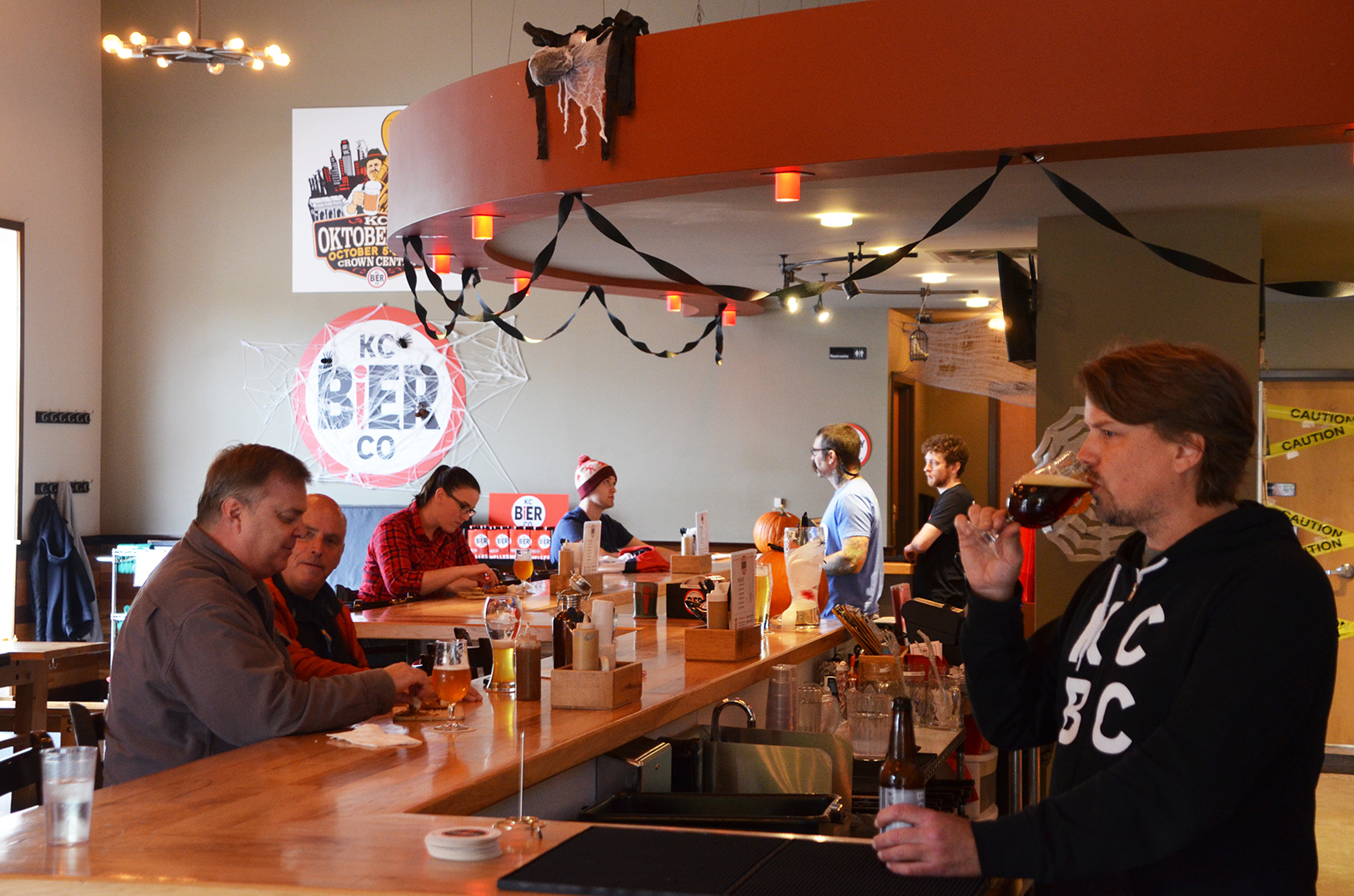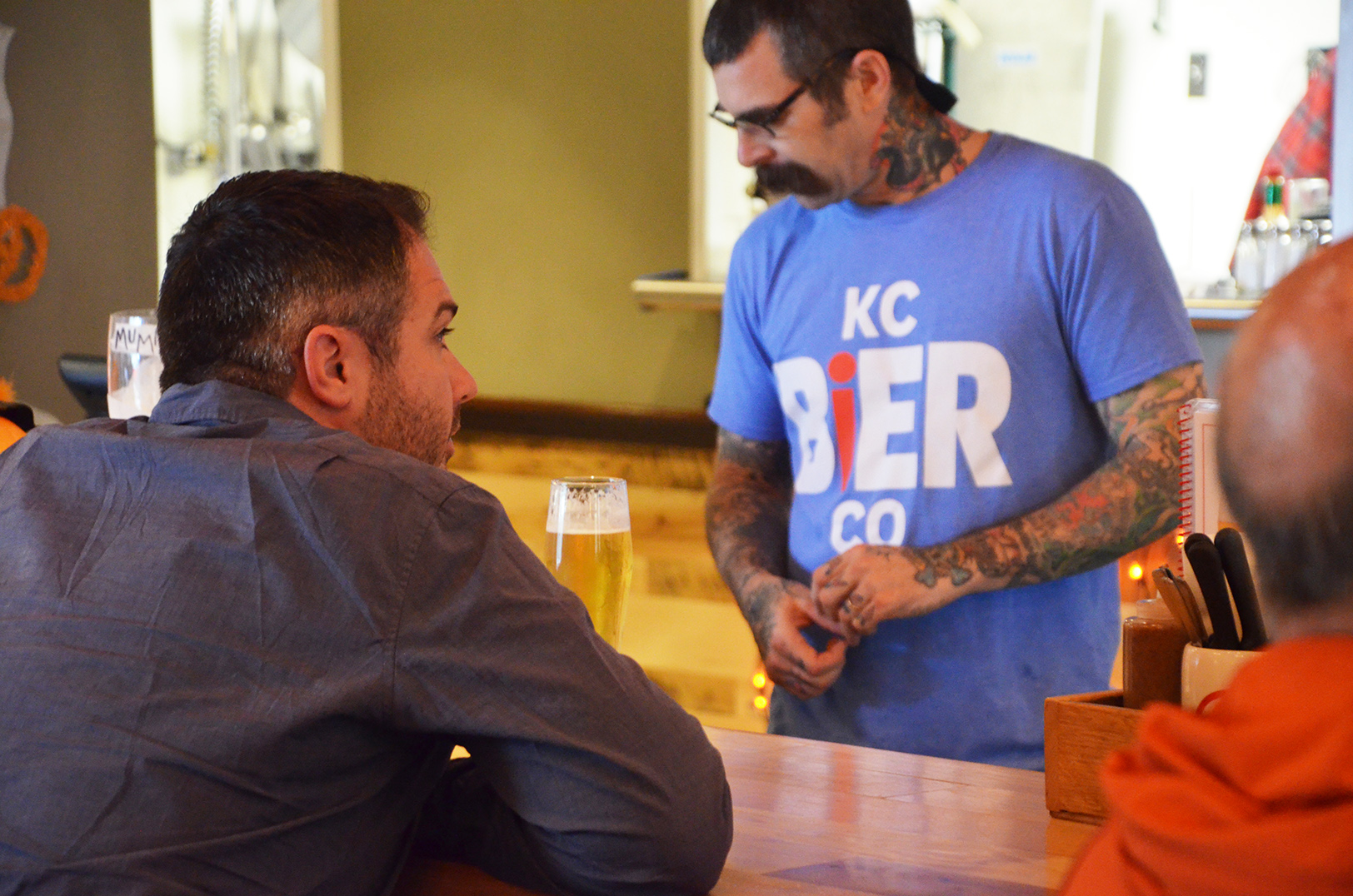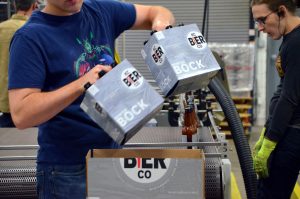Rapid growth in the craft brewing market has tapped out, said Steve Holle, founder of KC Bier Co.
A solid understanding of the reasons behind such an overdraught industry has so-far saved the Kansas City-based, German-style brewing company from being caught in the same weeds as recently closed Manhattan-brewed competitor, Tallgrass Brewing Co., Holle said.
“When we opened KC Bier Co. at the beginning of 2014, there were 2,500 breweries in the United States. At the end of this year, there will probably be 7,000,” Holle said of rapid growth in the brew space. “Tallgrass got too many competitors after they went into markets that had few.”
To maintain its momentum, KC Bier Co. — a business with more than 40 investors and capital raises that exceed the million-dollar mark — will depend on hyper-focused expansion opportunities that won’t overextend the brewer’s wholesale capabilities, Holle explained.
“Where we’ve got one tap handle, we need to get two and bring more attention to the beer,” he said. “We’re going to work on selling more beer in our current distribution footprint. … You’ve got to really work for what you get and you have to make sure that you are staying close to your base.”
The self-proclaimed libertarian of beer doesn’t foresee his company distributing beyond the eastern third of Kansas and the western portion of Missouri, he added.
“I felt that we needed to go slow, so that when we did expand, the people in the next territory outside the current ring of expansion had probably already tasted our beer because they’d been across the boundary line,” he said.
Any opportunities presented for KC Bier Co. by the drying of Tallgrass’ growth — which previously spanned 18 states before halting production in September, the result of funding issues, according to news reports and quietly confirmed by founder Jeff Gill amid a churning rumor mill — are offset by industry challenges within the craft brewing market, Holle said.
Internally, the company has expanded its beer hall and tasting room site to include a separate space for malt storage — a move that will produce a better product in the long run, Holle said.
“[The new storage space] minimizes dust and you want to keep that out when you’re brewing because it has lactobacillus bacteria on it, which makes sour beers,” he added.
Fermented out of his passion for German-style beer, Holle launched KC Bier Co. in 2014 after retiring from a career in real estate investment. He returned to Kansas City from Dallas, where he worked for Northwestern Mutual, establishing the craft beer brewery with four distinct, thirst-quenching flavors: Dunkel, Hefeweizen, Helles and Pils.
Dunkel has proven the most popular — accounting for more than 60 percent of sales — but the key to keeping consumers’ attention lies in balancing experiences at the tasting room and beer garden, adherence to high quality standards and offering seasonal variations with new flavors, Holle said.
“I call craft beer drinkers promiscuous,” he said. “They always want to try something new, they’re always ready to try something they’ve never had before.”
Community partnerships — like one that’s been forged between the company and North Kansas City recreation restaurant, Chicken N’ Pickle — continue to cultivate popularity for the brand, he explained.
“In Germany, beer drinking is a little more of a community activity,” Holle said. “Since Prohibition there’s a little bit of an attitude that drinking should be done in dark, smoky places with old men with beers and shots. We get a lot of young families [at the tasting room and beer garden] on the weekends. They can bring their kids. It’s just a different attitude and an atmosphere that supports the authenticity of what we’re doing: German-style beer.”




